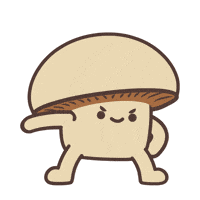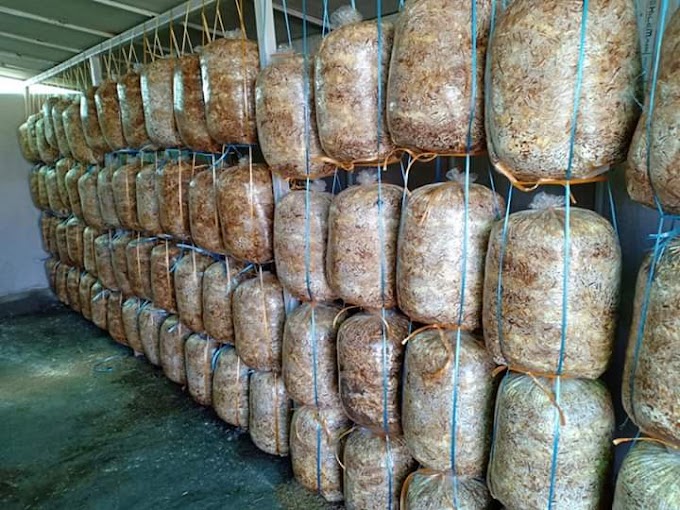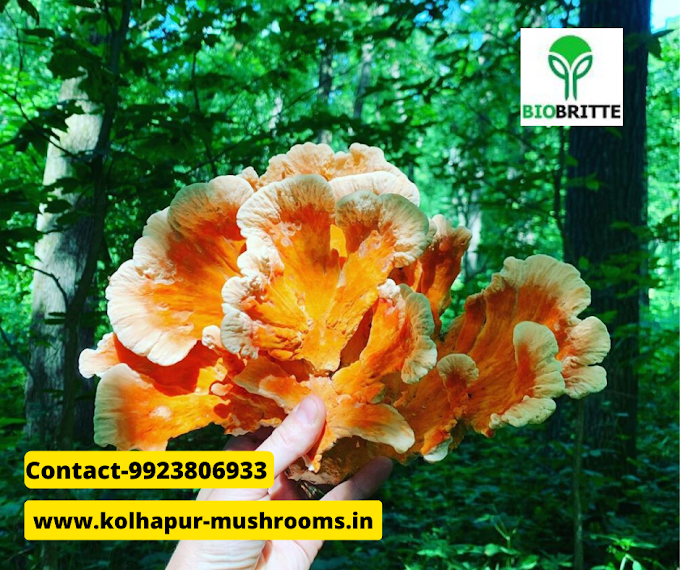New antidepressants are ketamine-like drugs that show a high therapeutic response. A 2014 meta-analysis in Psychopharmacology reports that roughly 0.5 milligrams per kilogram of ketamine effectively reduced depressive symptoms. These effects also lasted 2–3 days after treatment. However, there are some drawbacks.
While currently approved by the Food and Drug Administration (FDA), there are some short-term side effects to consider when using ketamine, such as feeling strange or bizarre, numbness, and difficulties speaking.
To avoid people abusing their medication, alternative treatments to support psychotherapy are needed — enter psilocybin.
There is growing evidence of psilocybin’s antidepressant properties. A study in the Journal of Psychopharmacology demonstrated single psilocybin dose that produced an antidepressant and anxiolytic response in cancer patients, which lasted for 5 years.
Compared with ketamine, psilocybin has lower addictive properties, which would be beneficial as a potential add-on for current treatments. However, clinical research evaluating this substance in combination therapies is limited.
Recently, researchers at Johns Hopkins University published an article contributing to the research investigating the effectiveness of psilocybin-assisted therapy for depression.
“These data expand the findings of previous studies involving patients with cancer and depression, as well as patients with treatment-resistant depression, by suggesting that psilocybin may be effective in the much larger population of MDD,” write the study authors.






